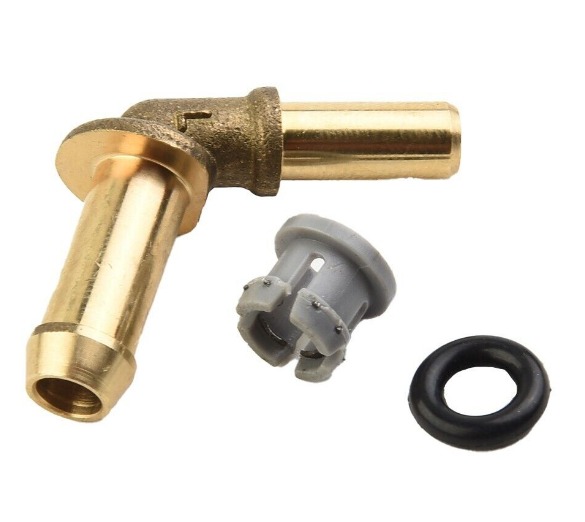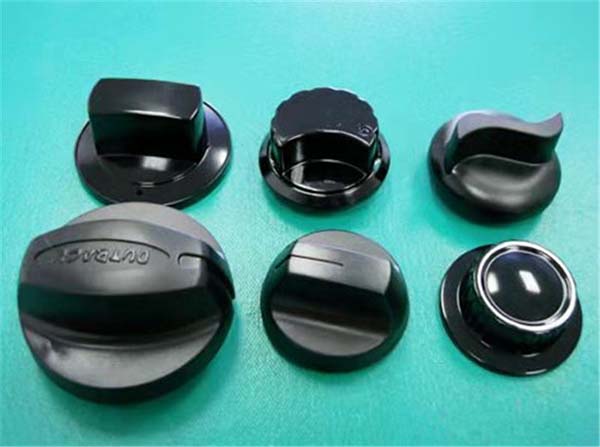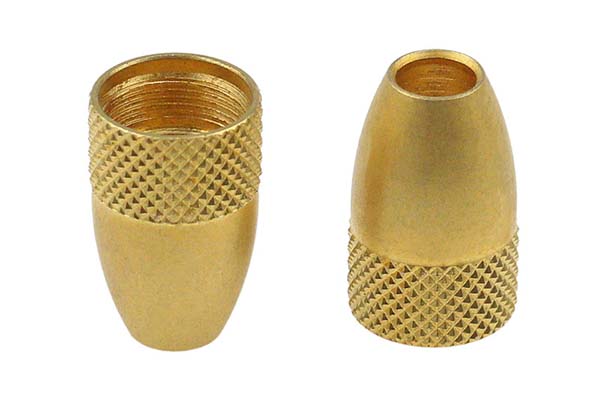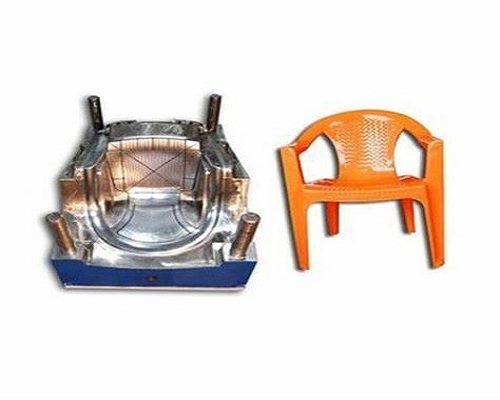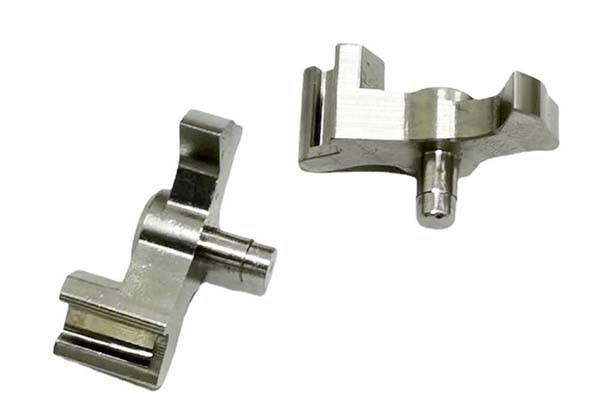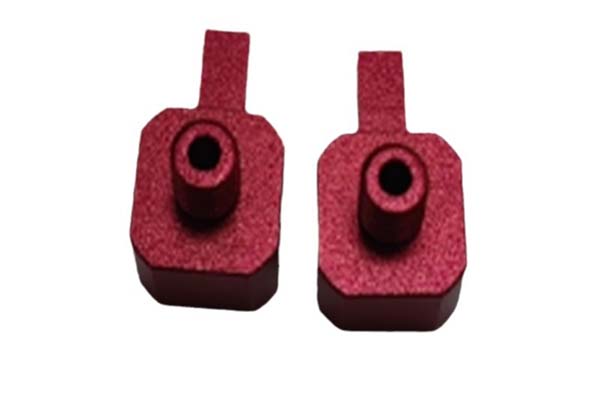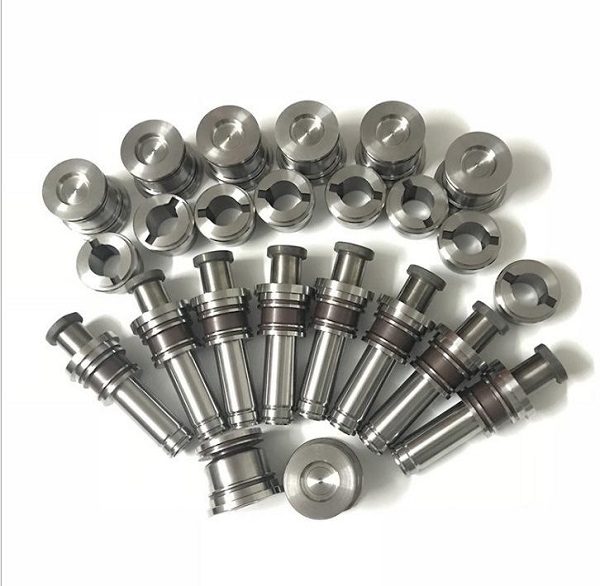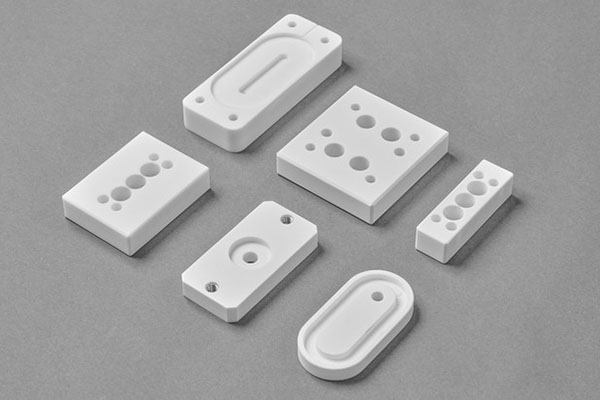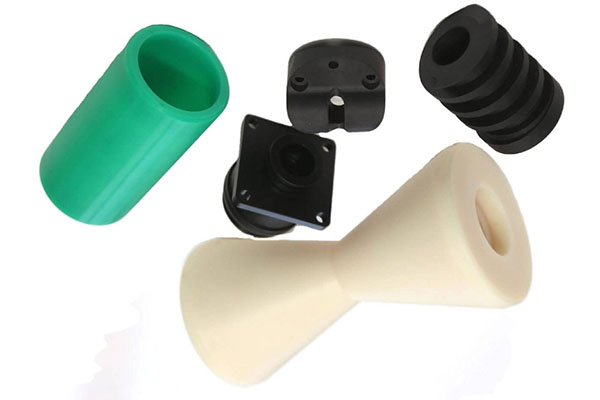Understanding Precision Components Inc
Precision Components Inc has firmly established itself as a vanguard in the engineering realm, with a rich legacy of delivering top - tier components that are the linchpin of countless advanced engineering projects. Since its inception, the company has been unwavering in its pursuit of excellence, making significant contributions to multiple industries, from aerospace to automotive, and from medical devices to high - tech electronics.
The company's reputation is built on its state - of - the - art manufacturing facilities equipped with the latest machinery. For Yigu Technology example, in their machining centers, they utilize multi - axis CNC (Computer Numerical Control) machines that can achieve tolerances as low as ±0.001 mm. To put this into perspective, the thickness of a human hair is approximately 0.05 - 0.1 mm, which means that Precision Components Inc can work with a precision that is 50 - 100 times finer than the width of a human hair. Such precision is crucial in industries like aerospace, where even the slightest deviation in component dimensions can lead to catastrophic failures.
In the aerospace industry, Precision Components Inc has been supplying critical engine components. Their turbine blades, for instance, are crafted with such precision that they can withstand extreme temperatures and rotational speeds. These blades are designed to maintain their shape and integrity under the intense heat and stress generated within jet engines. The high - precision manufacturing process ensures that the blades' aerodynamic profiles are exact, optimizing engine efficiency. According to industry reports, engines equipped with Precision Components Inc's turbine blades have shown a 5 - 8% increase in fuel efficiency compared to engines with standard - precision components. This not only reduces the operating costs of airlines but also decreases their carbon footprint.
In the medical device field, Precision Components Inc plays an equally vital role. The company manufactures components for surgical instruments, such as high - precision forceps used in microsurgeries. These forceps are designed to have a precise grip, allowing surgeons to perform delicate procedures with utmost accuracy. In a study conducted by a leading medical research institution, it was found that surgeons using Precision Components Inc's forceps had a 20% lower rate of tissue damage during microsurgeries compared to those using traditional forceps. This improvement in surgical outcomes highlights the importance of the company's high - precision components in the medical industry.
The Pillars of Innovation at Precision Components Inc
Advanced Material Utilization
Precision Components Inc has been at the forefront of leveraging advanced materials to enhance the performance of its components. One such material is titanium alloy, which has found extensive use in the company's aerospace - related products. Titanium alloy offers a unique combination of high strength - to - weight ratio, excellent corrosion resistance, and high - temperature tolerance.
In the manufacturing of aircraft structural components, such as wing spars and fuselage frames, titanium alloy reduces the overall weight of the aircraft. According to industry data, for every 10% reduction in aircraft weight, there is a corresponding 6 - 8% reduction in fuel consumption during flight. This not only improves the fuel efficiency of the aircraft but also extends its range. In addition, the high - temperature tolerance of titanium alloy makes it suitable for components in the engine area, where temperatures can reach extremely high levels.
Another advanced material used by Precision Components Inc is carbon fiber - reinforced composites. These composites are being increasingly used in the automotive industry. For Yigu Technology example, in the production of high - performance sports cars, carbon fiber - reinforced composite body panels are used. Compared to traditional metal panels, they are significantly lighter. A study shows that a car with carbon fiber - reinforced composite body panels can be up to 20% lighter than a similar car with metal panels. This weight reduction leads to better acceleration, braking, and fuel economy. The high strength of these composites also ensures that the structural integrity of the vehicle is maintained, providing enhanced safety for the occupants.
State - of - the - Art Manufacturing Technologies
Precision Components Inc has embraced a range of state - of - the - art manufacturing technologies to stay ahead in the highly competitive engineering market.
3D printing, also known as additive manufacturing, has become an integral part of the company's manufacturing processes. This technology allows for the creation of complex geometries that were previously difficult or impossible to achieve with traditional manufacturing methods. For instance, in the production of customized medical implants, 3D printing enables the creation of implants that are tailored to the specific anatomy of each patient. The process starts with a CT scan of the patient's body part, which is then converted into a 3D model. The 3D printer then builds the implant layer by layer, using biocompatible materials. This not only improves the fit and effectiveness of the implant but also reduces the production time. In contrast, traditional manufacturing methods for medical implants, such as machining from a solid block of material, are more time - consuming and wasteful of materials.
High - precision CNC (Computer Numerical Control) machining is another technology that Precision Components Inc heavily relies on. The company's multi - axis CNC machines can achieve accuracies of up to ±0.001 mm, as mentioned earlier. To illustrate the superiority of CNC machining over traditional machining, consider the production of engine parts. In traditional machining, the operator manually controls the cutting tools, which can lead to human - error - induced variations in the dimensions of the parts. With CNC machining, the entire process is automated, following pre - programmed instructions. This results in a much higher level of consistency and precision. A study comparing the two methods showed that CNC - machined engine parts had a 98% dimensional accuracy rate, while traditional - machined parts had only an 85% accuracy rate. This higher accuracy translates into better - performing engines, with reduced vibrations and improved fuel efficiency.
Robust Research and Development Teams
The research and development (R&D) teams at Precision Components Inc are the driving force behind the company's continuous innovation. These teams are composed of highly skilled professionals from diverse fields, including materials science, mechanical engineering, electrical engineering, and computer - aided design (CAD)/computer - aided manufacturing (CAM) experts.
The materials science experts in the team are constantly exploring new materials and improving the properties of existing ones. They work on developing new alloy compositions or enhancing the performance of composites through innovative manufacturing techniques. For Yigu Technology example, they might develop a new type of aluminum alloy with improved strength and corrosion resistance for use in the automotive or marine industries.
Mechanical engineers in the R&D team are responsible for the design and optimization of component structures. They use advanced simulation software to analyze the stress and strain distribution in components under different operating conditions. This allows them to design components that are not only strong enough to withstand the required loads but also lightweight. In one project, the mechanical engineering team was able to reduce the weight of an aerospace component by 15% without sacrificing its strength, through innovative structural design.
Electrical engineers contribute to the development of components with electrical or electronic functions. In the production of components for high - tech electronics, they ensure that the electrical conductivity, insulation, and electromagnetic compatibility meet the strictest standards. For Yigu Technology example, in the manufacturing of components for 5G communication devices, they work on optimizing the signal - transmission performance while minimizing interference.
CAD/CAM experts play a crucial role in translating the design concepts into manufacturable products. They use the latest CAD software to create detailed 3D models of the components, which are then used to generate the instructions for the manufacturing processes, such as CNC machining or 3D printing. Their expertise in CAM programming ensures that the manufacturing processes are efficient and accurate.
Thanks to the collective efforts of these diverse professionals, Precision Components Inc has been able to achieve numerous technological breakthroughs. The company has filed multiple patents for its innovative component designs and manufacturing processes. These achievements not only enhance the company's reputation but also provide its customers with cutting - edge solutions that meet their most demanding engineering requirements.
Real - World Impact: Engineering Projects Transformed
Case Study 1: Aerospace Component Innovation
In an aerospace project for a next - generation commercial aircraft, Precision Components Inc was tasked with developing a new - generation of wing flap components. The previous components were facing issues such as high - stress concentrations during flight maneuvers, which led to fatigue and reduced lifespan.
Precision Components Inc's R&D team started by conducting in - depth simulations using advanced finite - element analysis (FEA) software. They analyzed the stress and strain distribution on the wing flap under various flight conditions, including take - off, cruising, and landing. Based on the simulation results, they redesigned the component's structure, adding rib - like reinforcements in critical areas to enhance its strength.
In terms of materials, they chose a new aluminum - lithium alloy. Aluminum - lithium alloys offer a lower density compared to traditional aluminum alloys, which helps in reducing the weight of the component. At the same time, they have improved strength and fatigue resistance. The manufacturing process involved the use of high - precision CNC machining to ensure that the complex geometries of the redesigned component were achieved with utmost accuracy.
The results were remarkable. The new wing flap components showed a 30% reduction in weight compared to the previous ones. This weight reduction directly contributed to a 12% improvement in the aircraft's fuel efficiency during long - haul flights. In addition, the fatigue life of the components increased by 200%, as shown in the following Yigu Technology table:
| Component Type | Weight (Previous) | Weight (New) | Fuel Efficiency Improvement | Fatigue Life (Previous) | Fatigue Life (New) |
| Wing Flap Component | 50 kg | 35 kg | 12% | 10,000 flight cycles | 30,000 flight cycles |
This innovation not only improved the performance of the aircraft but also reduced maintenance costs for the airline companies, as the longer - lasting components required fewer replacements.
Case Study 2: Medical Device Precision
In the medical device industry, Precision Components Inc was involved in the development of a revolutionary implantable insulin pump for diabetes patients. The existing insulin pumps in the market had limitations in terms of the precision of insulin delivery and the device's size, which often caused discomfort for patients.
The company's engineers focused on two main areas of innovation. First, they developed a new micro - dosing mechanism for the insulin pump. This mechanism was designed using micro - electromechanical systems (MEMS) technology, which allowed for extremely precise control of the insulin dosage. The MEMS - based dosing system could deliver insulin in increments as small as 0.01 units, compared to the 0.1 - unit increments of the previous pumps.
Secondly, Precision Components Inc used advanced 3D printing technology to create a more compact and ergonomic pump housing. The 3D - printed housing was customized to fit comfortably on the patient's body, and it also had better heat - dissipation properties, which was crucial for the long - term operation of the electronic components inside the pump.
Clinical trials showed that patients using the new insulin pump had significantly better blood - glucose control. The standard deviation of blood - glucose levels over a 24 - hour period decreased by 25% compared to patients using traditional insulin pumps. This more stable blood - glucose control reduces the risk of long - term complications associated with diabetes, such as kidney damage, nerve damage, and vision problems. The smaller and more comfortable design of the pump also led to a 30% increase in patient compliance, as patients were more likely to wear the device consistently throughout the day.
FAQs
What are the typical lead times for custom precision components?
The lead times for custom precision components at Precision Components Inc can vary depending on several factors. For relatively simple components with standard materials and processes, the lead time may be as short as 2 - 4 weeks. This is applicable when the manufacturing processes involved are straightforward, such as basic CNC machining of common metals like aluminum.
However, for more complex components that require advanced manufacturing technologies like 3D printing of high - performance alloys or components with intricate geometries, the lead time can extend to 8 - 12 weeks. Complex components often involve multiple steps in the production process, including detailed design optimization, material testing, and more rigorous quality control procedures. Additionally, if the component requires custom - developed materials, which may need to be sourced from specialized suppliers, the lead time could be even longer, potentially up to 16 weeks.
How does Precision Components Inc ensure the quality of its products?
Precision Components Inc has a multi - faceted approach to quality control. First and foremost, the company adheres to international quality standards such as ISO 9001:2015. This ensures that all aspects of the production process, from design to delivery, are carried out in a systematic and quality - focused manner.
During the production process, in - line inspections are conducted at various critical points. For example, after each major machining operation in CNC manufacturing, the dimensions of the components are checked using high - precision measuring equipment, such as coordinate measuring machines (CMMs). These CMMs can measure dimensions with an accuracy of up to ±0.0001 mm, ensuring that the components meet the tight tolerances required.
Final products undergo comprehensive testing. In the case of components for the aerospace industry, they are subjected to simulated environmental and mechanical stress tests. This includes high - temperature and high - pressure tests to mimic the conditions they will face in flight. For medical device components, biocompatibility tests are carried out to ensure that they are safe for use in the human body.
Can Precision Components Inc handle large - scale production orders?
Yes, Precision Components Inc is well - equipped to handle large - scale production orders. The company has a vast manufacturing facility with a large number of advanced manufacturing machines. For instance, they have an array of multi - axis CNC machines, which can be operated in parallel to increase production output. In addition, their 3D printing capabilities can be scaled up for large - scale production by running multiple printers simultaneously.
The company also has a skilled and experienced workforce. Their employees are trained to handle high - volume production efficiently, with teams dedicated to different aspects of the production process, from machining to quality control. This division of labor ensures that each step in the production process is carried out with speed and precision.
Furthermore, Precision Components Inc has established strong relationships with a wide network of reliable suppliers. This enables them to ensure a steady supply of high - quality raw materials even during large - scale production runs, minimizing any potential disruptions to the production schedule.
